Home>Renovation & DIY>Home Renovation Guides>Where Can You Dispose Of Home Improvement Debris
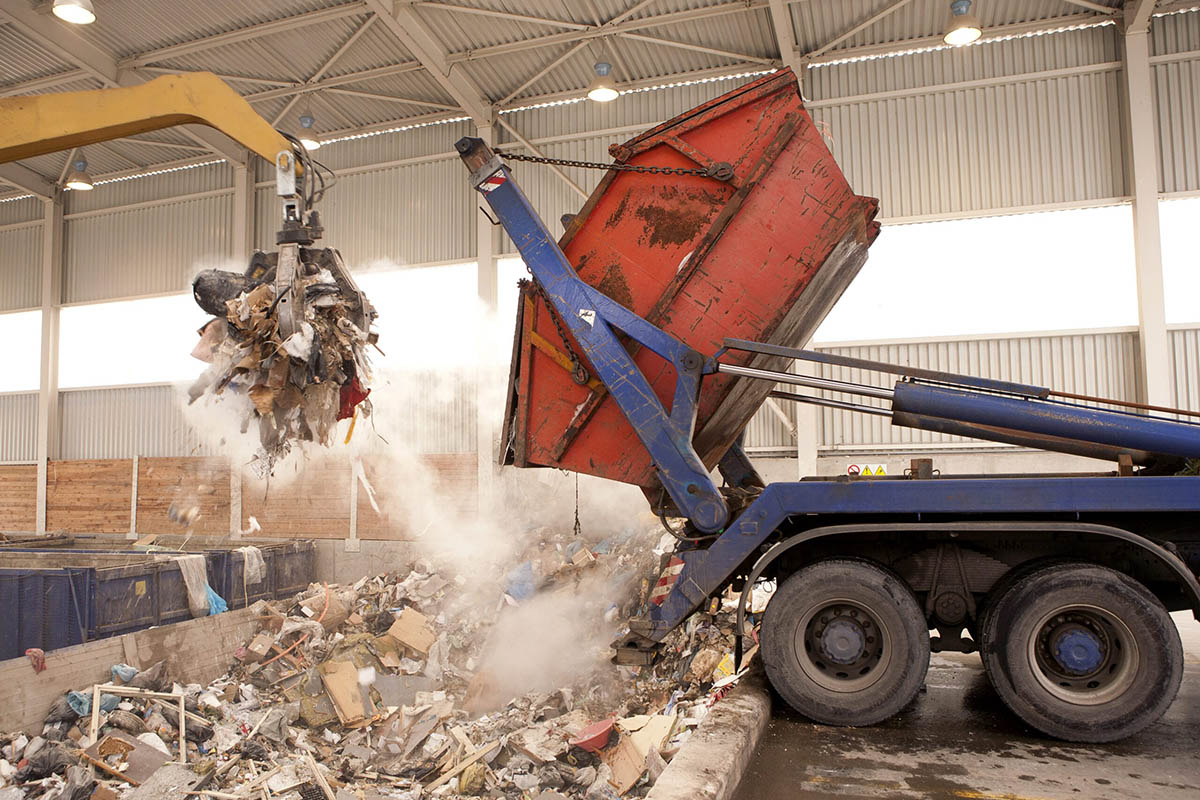

Home Renovation Guides
Where Can You Dispose Of Home Improvement Debris
Published: December 22, 2023
Looking for the best ways to dispose of home improvement debris? Our home renovation guides provide expert tips and solutions for proper waste management. Find out more!
(Many of the links in this article redirect to a specific reviewed product. Your purchase of these products through affiliate links helps to generate commission for Storables.com, at no extra cost. Learn more)
Introduction
Welcome to the world of home improvement! Whether you’re renovating, remodeling, or simply decluttering, one inevitable question arises: “Where can you dispose of home improvement debris?” The process of getting rid of the waste generated from home improvement projects can be a daunting task, but fear not! In this comprehensive guide, we’ll explore various options for responsibly and efficiently disposing of different types of debris.
From local landfills to recycling centers, hazardous waste facilities to donation centers, and even junk removal services, there are numerous avenues to consider when it comes to managing your home improvement debris. Each option comes with its own set of guidelines, benefits, and potential environmental impact, so it’s essential to weigh your choices carefully.
So, grab your work gloves and let’s dive into the world of home improvement debris disposal. By the end of this guide, you’ll be equipped with the knowledge to make informed decisions about how to handle the aftermath of your home improvement endeavors.
Key Takeaways:
- Responsibly dispose of home improvement debris by considering local landfills, recycling centers, hazardous waste facilities, donation centers, or professional junk removal services. Each option has its benefits and environmental impact, so choose wisely.
- Embrace sustainable practices and support community welfare by donating usable materials to charity organizations. This not only diverts items from landfills but also extends their lifespan and benefits those in need.
Read more: Where To Dispose Construction Debris
Local Landfills
Local landfills are a common destination for home improvement debris disposal. These facilities are designed to handle a wide range of waste, from construction materials to household items. Before heading to a landfill, it’s crucial to check the regulations and requirements set by your local waste management authority. Some landfills may have specific operating hours, designated drop-off areas, and restrictions on the types of materials they accept.
When preparing to transport your debris to a landfill, it’s important to consider the logistics. Large items such as drywall, lumber, and furniture may require a vehicle capable of hauling bulky loads. Additionally, some landfills charge a fee based on the weight or volume of the materials being disposed of, so it’s wise to inquire about any associated costs beforehand.
Sorting your debris before arrival can streamline the disposal process. Separating recyclable materials from non-recyclables not only reduces the environmental impact but also helps expedite the unloading process at the landfill. Common items that can be disposed of at landfills include broken concrete, bricks, tiles, and non-recyclable plastics.
It’s important to note that certain materials, such as hazardous waste, may not be accepted at local landfills. Items like paint, solvents, batteries, and electronics often require special handling due to their potential environmental impact. In such cases, alternative disposal methods, such as hazardous waste facilities or recycling centers, should be considered.
Before making a trip to a landfill, it’s advisable to contact the facility or visit their website to familiarize yourself with their policies and any documentation that may be required. By adhering to the guidelines set by the landfill and practicing responsible waste disposal, you can contribute to the preservation of the environment while efficiently managing your home improvement debris.
Recycling Centers
When it comes to disposing of home improvement debris in an environmentally conscious manner, recycling centers offer a sustainable solution for a wide array of materials. These facilities are equipped to process and repurpose recyclable materials, diverting them from landfills and contributing to the conservation of natural resources.
Before transporting your debris to a recycling center, it’s essential to understand the types of materials they accept. Common recyclable items from home improvement projects include metal, glass, paper, cardboard, plastic containers, and certain types of wood. Some recycling centers may have specific guidelines for preparing materials, such as removing nails from lumber or separating different types of metals.
One of the key benefits of utilizing recycling centers is the positive environmental impact. By diverting recyclable materials from landfills, you contribute to reducing the overall volume of waste and conserving energy that would otherwise be expended in the production of new materials. Additionally, recycling helps minimize pollution and greenhouse gas emissions associated with the extraction and manufacturing of raw materials.
Many recycling centers offer convenient drop-off locations and may even provide educational resources to guide individuals on proper recycling practices. Some centers may also offer incentives for recycling certain materials, such as scrap metal or electronics, which can be financially advantageous for those looking to offset disposal costs or earn extra income from recyclable items.
It’s important to note that not all materials are suitable for traditional recycling centers. Hazardous materials, such as certain types of paint, chemicals, and electronic waste, often require specialized handling and should be directed to appropriate facilities for responsible disposal.
By utilizing recycling centers for your home improvement debris, you play a vital role in promoting sustainability and environmental stewardship. Embracing the principles of reduce, reuse, and recycle not only benefits the planet but also fosters a culture of responsible waste management within your community.
Hazardous Waste Facilities
When dealing with home improvement debris that includes hazardous materials, such as paints, solvents, pesticides, and certain electronic devices, it’s crucial to prioritize the safe and responsible disposal of these items. Hazardous waste facilities are specifically equipped to handle and process materials that pose potential risks to human health and the environment.
Before transporting hazardous materials to a waste facility, it’s important to identify and categorize the items according to their hazardous nature. This may involve reviewing product labels, consulting material safety data sheets, and adhering to any local regulations governing the disposal of hazardous waste. It’s essential to handle these materials with care and to avoid mixing incompatible substances, which could lead to chemical reactions or other hazards.
Hazardous waste facilities typically have specialized protocols for accepting and processing different types of hazardous materials. They may provide guidance on packaging, labeling, and transporting the items to ensure compliance with safety standards. Some facilities may also offer scheduled drop-off days or collection events for residents to safely dispose of their hazardous waste.
Proper disposal of hazardous materials at designated facilities helps prevent contamination of soil, water, and air, safeguarding both the environment and public health. By diverting these materials from conventional waste streams, hazardous waste facilities play a critical role in minimizing the potential impact of hazardous substances on ecosystems and communities.
It’s important to note that some hazardous waste facilities may have restrictions on the types and quantities of materials they can accept. Additionally, certain items, such as asbestos-containing materials or radioactive waste, may require specialized handling and disposal methods that go beyond the capabilities of standard hazardous waste facilities.
By responsibly utilizing hazardous waste facilities for the disposal of hazardous home improvement debris, you contribute to the preservation of environmental quality and the well-being of future generations. Embracing a proactive approach to managing hazardous waste not only fulfills regulatory obligations but also reflects a commitment to sustainable and conscientious practices.
Many cities offer bulk waste pickup or have designated drop-off locations for home improvement debris. Contact your local waste management department for more information on disposal options in your area.
Donation Centers
When engaging in home improvement projects, it’s common to come across items that are still in good condition but no longer needed. Instead of disposing of these items, consider donating them to local charity organizations, thrift stores, or donation centers. Donating usable materials not only diverts them from landfills but also provides an opportunity to support those in need and contribute to community welfare.
Donation centers typically accept a wide range of items, including furniture, appliances, building materials, and household goods. Before donating, it’s important to ensure that the items are clean, functional, and in a condition suitable for reuse. Some donation centers may have specific guidelines regarding the types of items they can accept, so it’s advisable to contact them in advance or visit their website for detailed information.
By donating reusable materials, you extend the lifespan of these items and reduce the demand for new products, thereby promoting sustainability and resource conservation. Additionally, donating to charitable organizations can benefit individuals and families in need, providing them with access to essential items that may otherwise be financially out of reach.
Many donation centers offer convenient drop-off locations or even provide pick-up services for larger items. Some organizations may issue donation receipts, allowing individuals to claim tax deductions for their charitable contributions, providing an added incentive for donating reusable materials.
It’s important to note that not all items may be suitable for donation, particularly those that are damaged, soiled, or pose safety hazards. In such cases, it’s essential to explore alternative disposal methods, such as recycling or proper waste management, to ensure the appropriate handling of unusable materials.
By embracing the practice of donating reusable materials from home improvement projects, you actively participate in the circular economy, where goods are reused, repurposed, and redistributed to benefit both the environment and society. Your contributions to donation centers can make a meaningful difference in the lives of others while fostering a culture of generosity and community support.
Read more: Where Can I Learn Home Improvement Skills
Junk Removal Services
For homeowners seeking a hassle-free solution to home improvement debris disposal, professional junk removal services offer a convenient and efficient option. These services are designed to handle the removal and disposal of various types of waste, including construction debris, household items, and unwanted materials accumulated during renovation or decluttering projects.
Engaging a junk removal service can streamline the process of clearing out unwanted items and debris from your property. Professional removal teams are equipped with the necessary tools, vehicles, and expertise to efficiently haul away large and bulky items, saving you the time and effort required for DIY disposal methods.
One of the key advantages of utilizing junk removal services is the comprehensive nature of their offerings. Whether it’s old furniture, broken appliances, yard waste, or renovation leftovers, these services can handle a wide range of materials, sparing you the logistical challenges of dealing with multiple disposal outlets.
Many junk removal companies prioritize responsible disposal practices, striving to divert recyclable materials from landfills and minimize environmental impact. They may have established partnerships with recycling facilities, donation centers, and waste management facilities to ensure that items are directed to the most appropriate destinations for processing and repurposing.
Before enlisting a junk removal service, it’s advisable to inquire about their pricing structure, scheduling availability, and any specific requirements for preparing the materials for removal. Some companies may offer upfront pricing based on the volume or weight of the items being removed, while others may provide on-site estimates to assess the scope of the job.
By opting for professional junk removal services, you can enjoy the convenience of a comprehensive debris removal solution, freeing up space in your home and ensuring that unwanted items are handled responsibly. Whether it’s a post-renovation cleanup or a thorough decluttering endeavor, these services offer a stress-free way to manage home improvement debris while promoting efficient and sustainable waste management practices.
Conclusion
Congratulations on navigating the diverse landscape of home improvement debris disposal options! As you’ve discovered, there are several avenues to consider when it comes to responsibly managing the aftermath of renovation projects, decluttering efforts, or household upgrades. Each disposal method offers its own set of benefits and considerations, empowering you to make informed decisions based on the nature of the materials you need to dispose of and your commitment to environmental stewardship.
Local landfills provide a common destination for a wide range of debris, offering a straightforward solution for non-recyclable materials. Before heading to a landfill, it’s essential to familiarize yourself with their policies and any associated fees to ensure a smooth disposal process.
Recycling centers emerge as a sustainable option for diverting recyclable materials from landfills, contributing to resource conservation and environmental preservation. By separating and preparing recyclable items, you can actively participate in the circular economy and minimize the environmental impact of your home improvement endeavors.
When dealing with hazardous materials, such as paints, solvents, and electronic waste, hazardous waste facilities play a critical role in ensuring the safe and responsible disposal of these items. By adhering to their specialized protocols, you contribute to safeguarding public health and environmental well-being.
Donation centers offer a meaningful opportunity to extend the life of usable materials and support community welfare. By donating items in good condition, you contribute to sustainability efforts and provide essential resources to those in need, fostering a culture of generosity and social responsibility.
For a hassle-free approach to debris removal, professional junk removal services provide a convenient and comprehensive solution. These services streamline the process of clearing out unwanted items, offering a stress-free way to manage home improvement debris while prioritizing responsible disposal practices.
As you embark on future home improvement projects, remember that your choices in debris disposal can have a lasting impact on the environment and the well-being of your community. By embracing sustainable practices, supporting charitable initiatives, and prioritizing responsible waste management, you play a vital role in shaping a more environmentally conscious and socially responsible future.
So, whether you’re decluttering, renovating, or embarking on ambitious DIY projects, you now have the knowledge and resources to navigate the world of home improvement debris disposal with confidence and conscientiousness. Here’s to creating spaces that inspire and thrive, both within our homes and the world around us!
Frequently Asked Questions about Where Can You Dispose Of Home Improvement Debris
Was this page helpful?
At Storables.com, we guarantee accurate and reliable information. Our content, validated by Expert Board Contributors, is crafted following stringent Editorial Policies. We're committed to providing you with well-researched, expert-backed insights for all your informational needs.



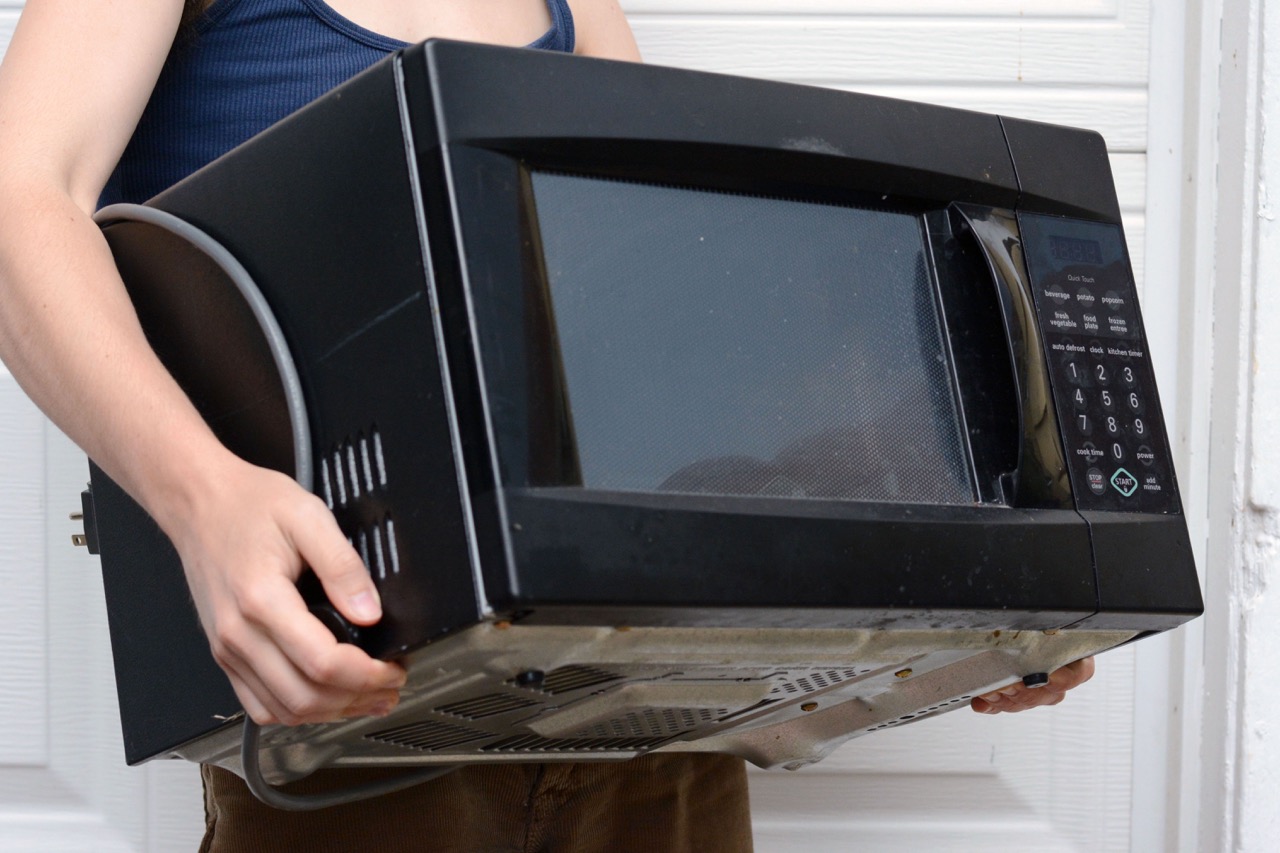
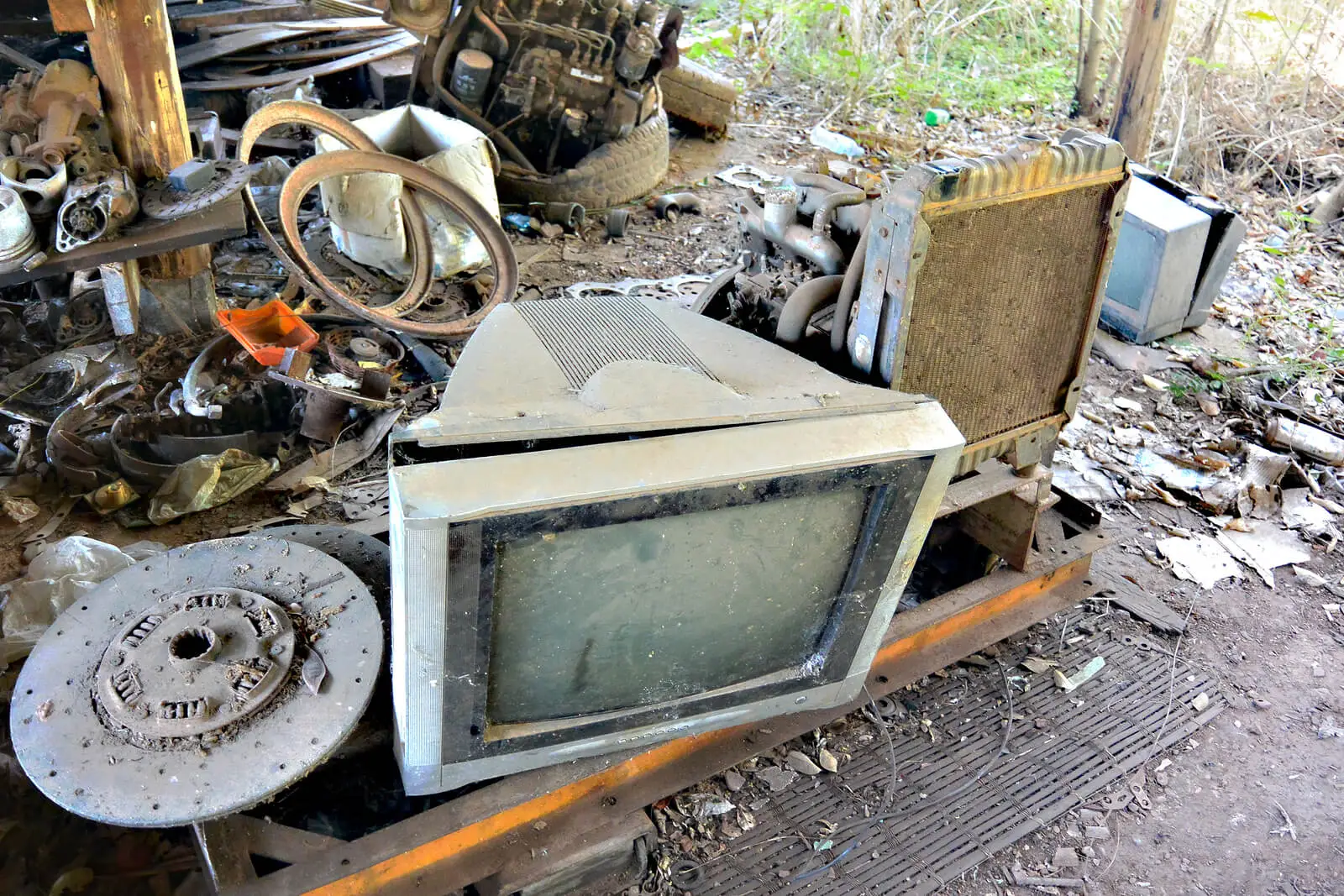
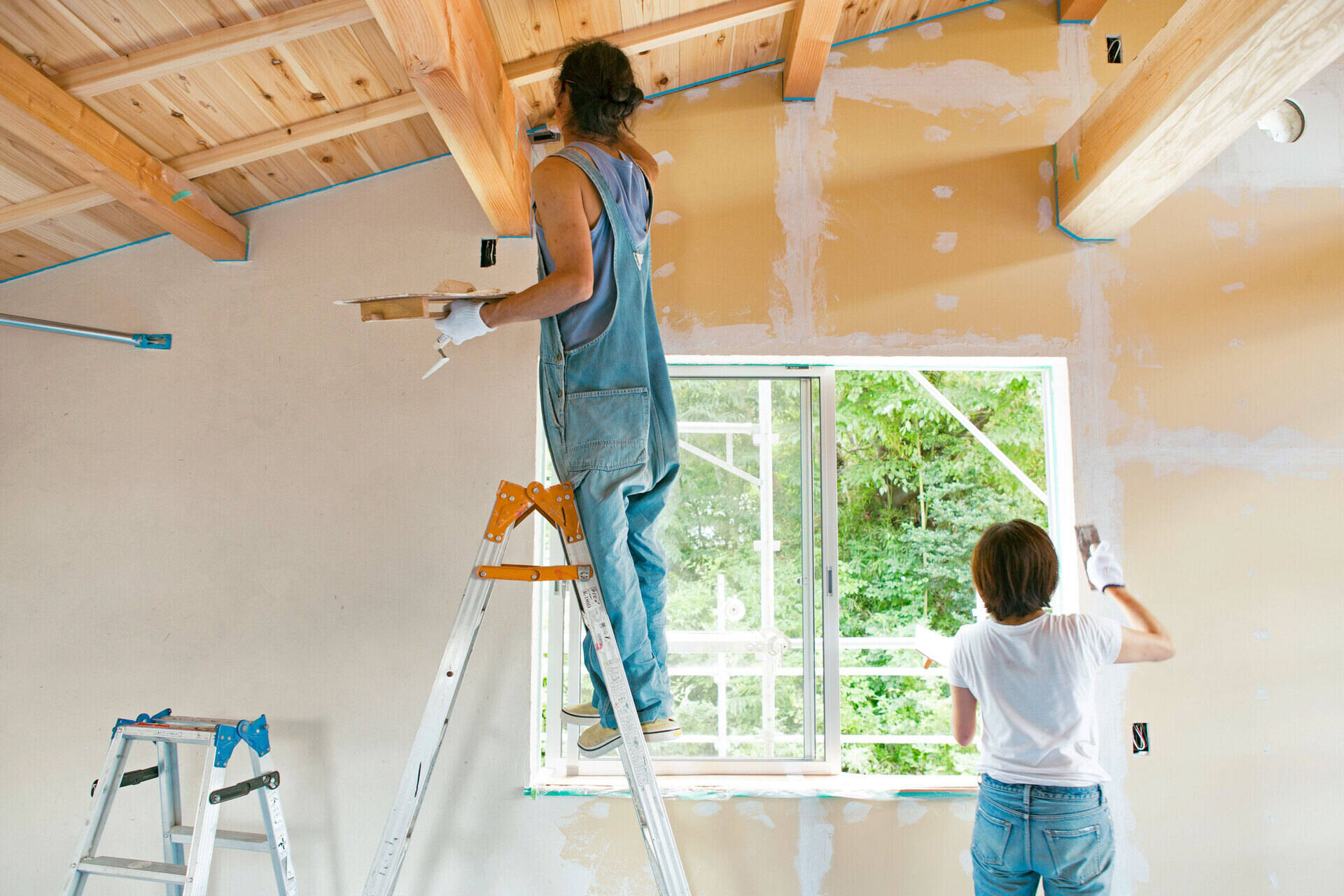




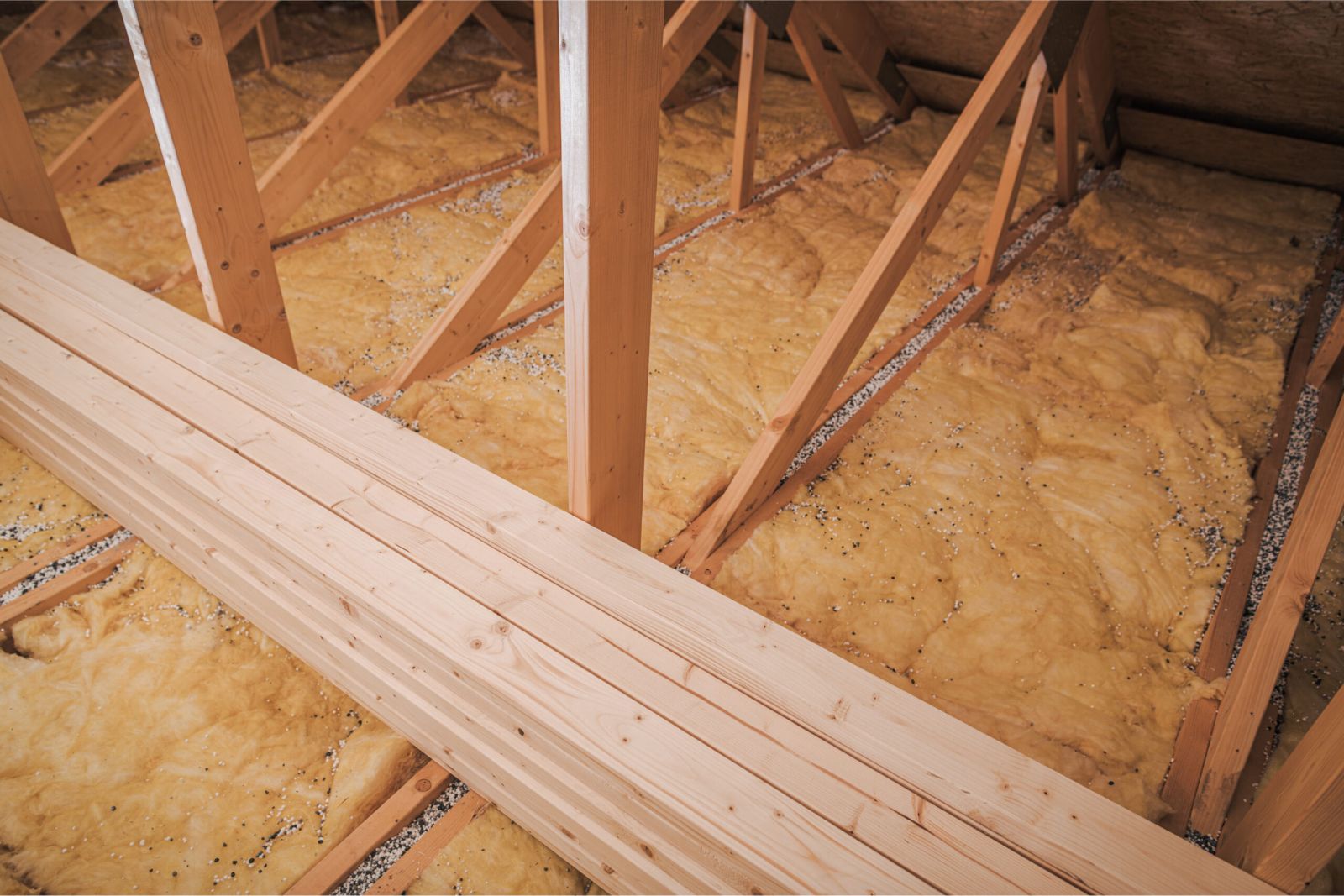
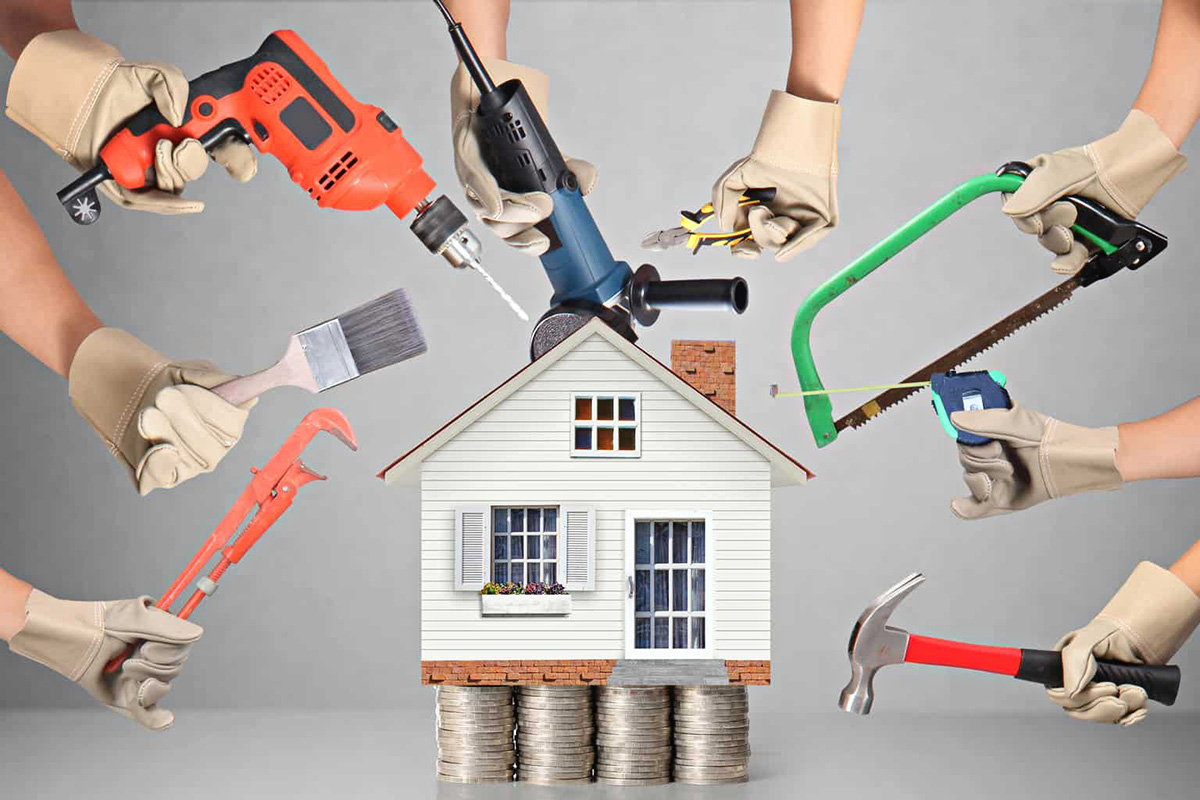



0 thoughts on “Where Can You Dispose Of Home Improvement Debris”